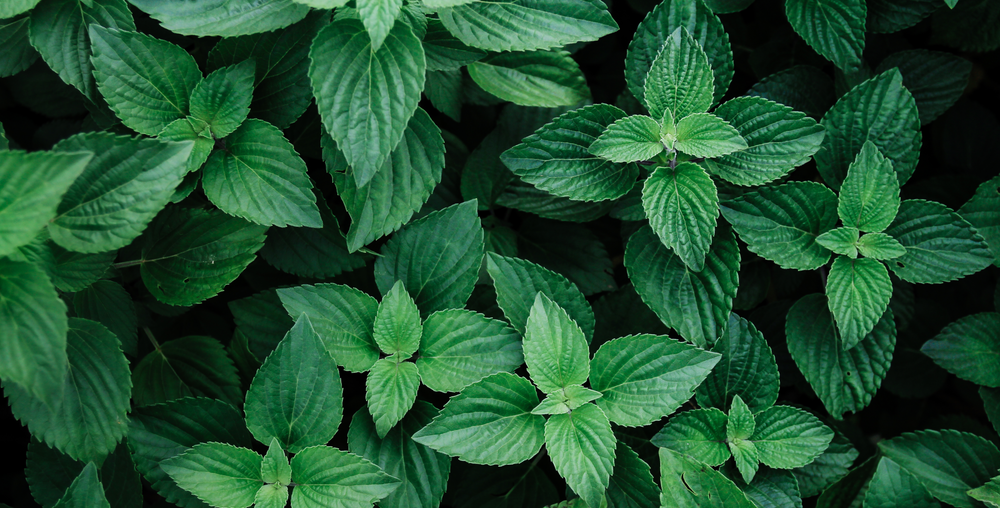Peppermint (Mentha piperita) is a species of mint native to Europe and the Middle East, and it has been cultivated for thousands of years for its health-promoting properties.
Today, the biological mechanisms behind peppermint’s health benefits are better understood. This medicinal plant has received a fair bit of attention in the hair and scalp care industry recently and is a key ingredient in Divi’s therapeutic lineup of scalp care products.
The Properties of Peppermint
How did peppermint find its way into Divi’s scalp care products? To answer this question, we will start by exploring peppermint’s biological properties and potential therapeutic applications. Then we can look at how these properties could translate to enhanced scalp health and the greater potential for hair growth with healthy, volumized locks.
Peppermint: A Vasodilator
Peppermint’s main compound, menthol, is a potent and well-tested vasodilator (a substance that increases circulation). This vascular effect has been observed when menthol is taken internally and when it’s applied as a topical treatment. In the latter case, menthol causes what is known as “peripheral vasodilation.” When menthol is applied to the skin, it can relax the muscular lining of the small vessels and capillaries, supplying the skin and hair follicles with blood.
Peppermint’s vasodilating action was documented during a 2016 study published in Microvascular Research. The results show that topical application of a solution containing 4% menthol widened blood vessels and increased blood supply to surface tissues. These results and many similar studies highlight peppermint as a possible treatment for peripheral circulatory disorders like varicose veins, chilblains and Raynaud's Syndrome. There are also positive implications where hair loss is concerned if poor blood circulation in the scalp is an underlying cause.
Peppermint: Secretolytic
Peppermint is a secretolytic agent (a substance that breaks up biological secretions, like phlegm). Formulations containing peppermint extract are widely used to treat upper respiratory disorders like coughs and colds because of their ability to shift stubborn mucus.
Peppermint’s secretolytic action extends to secretions and plaques on the surface of the skin. This is one reason we include peppermint in Divi’s Scalp Serum, Shampoo & Conditioner, and why you’ll often find it in products designed to cleanse and clear the scalp.
Peppermint: Anti-Inflammatory
Diluted peppermint oil is widely used as an oral treatment for Inflammatory Bowel Diseases (IBD), like IBS, and Crohn’s Disease, as several of its constituent compounds exhibit significant anti-inflammatory activity.
This review covers a study during which researchers successfully demonstrated the herb’s anti-inflammatory activity by administering oral peppermint to a group of mice with xylene-induced gut inflammation; it also references in-vitro research during which menthol was shown to suppress pro-inflammatory mediators in humans.
Peppermint’s impressive anti-inflammatory activity also extends to the topical use of the essential oil. Suppose topical formulations containing peppermint oil can reduce skin inflammation and aid in wound healing. In that case, there is a good chance scalp and hair care products containing peppermint oil (like Divi's Scalp Serum, Shampoo, and Conditioner) would do the same thing for the scalp and hair follicles. We’ll analyze the situations in which this may contribute to hair growth or even treat hair loss in the sections below.
Peppermint: Antimicrobial and Antifungal
Peppermint is a proven antifungal agent that may be effective in treating skin conditions caused or aggravated by certain species of fungi. This 2019 study also found that peppermint is antibacterial and may be effective in treating skin conditions associated with different types of bacteria, including:
- Staphylococcus aureus
- Escherichia coli
- Klebsiella pneumoniae
- Proteus mirabilis
- Pseudomonas aeruginosa
- Acinetobacter baumannii
Professionally formulated scalp products containing peppermint – like Divi’s – may help treat bacterial and fungal infections of the scalp due to this antifungal and antibacterial activity.
Peppermint: An Insecticide
One of peppermint’s compounds, pulgene, is a naturally occurring insecticide. This means scalp and hair products containing peppermint may help prevent head lice infections when used regularly. They may even help to eliminate adult lice, though more research is needed in this area.
Divi’s Scalp Serum, Shampoo & Conditioner all contain high-quality peppermint oil extract alongside several other insecticide ingredients, including tea tree oil and rosemary leaf extract.
Though head lice do not directly contribute to hair loss, severe lice infections can adversely affect scalp health and impair hair growth.
Can Peppermint Oil Treat Male-Pattern Baldness?
Male- or female-pattern baldness (also known as androgenic alopecia) is a form of hair loss caused by androgens, a type of hormone responsible for the development of male physical characteristics. In people with androgenic alopecia, a testosterone precursor called Dihydrotestosterone (DHT) bonds to receptors in hair follicles, causing them to shrink and eventually stop working.
Why do some people develop male-pattern baldness and not others? It’s believed genes play a prominent role, which is why androgenic alopecia is often categorized as a type of “genetic hair loss.”
Many experts believe peppermint oil or products containing peppermint can help stimulate new hair growth in people with androgenic alopecia.
Peppermint Can Mitigate DHT
Peppermint oil is often hailed as a DHT blocker. One study found that topical peppermint oil appeared to lower DHT levels in the blood, but the mechanism behind this activity was not conclusively identified.
Products containing peppermint extract might be able to prevent DHT-induced hair loss by increasing the amount of oxygen reaching hair follicles, as DHT cannot survive in an oxygenated environment.
Improving Blood Supply to the Scalp
Peppermint can increase circulation in the scalp and improve blood supply to hair follicles, which are both crucial for promoting hair growth. Several studies have highlighted peppermint as a potential hair-growth stimulator, and this vasodilating effect is believed to be the primary mechanism driving these results.
This 2014 study sought to compare the efficacy of peppermint oil as a hair growth stimulator with that of the pharmaceutical hair loss treatment Minoxidil. The results not only show that topically applied peppermint oil could stimulate hair growth in mice, but that this herbal formulation appeared to be more effective than Minoxidil. Following four weeks of treatment, peppermint improved hair growth by 92% while Minoxidil improved hair growth by just 55%. Furthermore, the animals treated with peppermint oil showed an increase in the number and depth of hair follicles.
Studies such as this indicate that regular use of hair products containing peppermint and other growth-stimulating herbs (like Divi’s lineup) could, potentially, lead to a thicker, healthier head of hair.
Peppermint for Non-Genetic Hair Loss
Non-genetic hair loss refers to any type or severity of hair loss with an obvious, underlying biological cause (e.g. autoimmune alopecia, or psoriatic alopecia). Unlike genetic hair loss, non-genetic hair loss can often be reversed.
There are several mechanisms by which hair and scalp products containing peppermint can help tackle the underlying causes of hair loss. We’ll discuss these below in relation to some of the more common forms of non-genetic alopecia.
Peppermint for Alopecia Areata
Alopecia areata is a type of autoimmune hair loss. Autoimmunity can affect any area of the body; it occurs when the immune system becomes overstimulated and confuses healthy tissues with harmful foreign invaders, like bacteria or viruses. In the case of alopecia areata, the hair follicles in the scalp come under fire. People who suffer from this form of alopecia may experience thinning of the hair or small patches of hair loss across the scalp.
As we mentioned earlier, peppermint is known to have anti-inflammatory properties. When applied topically as a diluted essential oil or as part of a professionally formulated hair care product, peppermint may downregulate autoimmune inflammation in the scalp, relaxing hair follicles and allowing for healthy regrowth.
Peppermint for Psoriatic Alopecia
Psoriatic alopecia is a type of hair loss that can affect people with scalp psoriasis. This form of non-genetic hair loss occurs when hair follicles on the scalp are smothered by plaques of dry, inflamed skin. Psoriatic alopecia is often worsened by scratching, as sufferers typically experience acute irritation and “itchiness” during a flare-up.
Divi's Scalp Serum can help with psoriatic alopecia, thanks in part to peppermint oil, but also a whole host of other soothing, anti-inflammatory ingredients. Our products also contain rich hydrating ingredients like sodium lactate and hyaluronic acid, which can help moisturize and soften psoriatic plaques.
In severe cases of scalp psoriasis, it's thought that an overgrowth of certain types of fungi may worsen plaque formation on the scalp. Serums and other scalp care products containing peppermint may also be useful in the fight against plaque-forming fungi, as the herb is known to have mild fungicidal properties.
Peppermint for Telogen Effluvium
It's considered normal for a person to shed between 50 and 100 hairs each day. This hair is usually lost once it has transitioned from its growth (anagen) phase to its resting (telogen) phase. Telogen effluvium occurs when the growth phase of hair ends prematurely, causing excessive shedding. A person with telogen effluvium may lose more than 300 hairs each day, which can lead to noticeable thinning.
Peppermint improves circulation in the scalp, and as a result, can increase the supply of nutrient and oxygen-rich blood reaching the hair follicles. Professionally formulated products containing high-quality peppermint extract may stimulate hair growth in people with telogen effluvium by invigorating the scalp and encouraging more hair follicles to restart their natural growth phase.
In this way, regular use of Divi's Scalp Serum, Shampoo & Conditioner could lead to improved volume, while helping your hair to grow longer, sooner.
Peppermint Keeps the Scalp Clean and Healthy
Maintaining a clean, healthy scalp should be a top priority for anyone looking to improve hair growth or minimize hair loss. Over time, dead skin cells and chemical residue from styling products can build up on the scalp, impeding hair follicle function and hindering hair growth.
Peppermint’s secretolytic quality makes it a fantastic scalp cleansing agent. Divi's Shampoo contains peppermint, tea tree oil and other residue-clearing ingredients. Regular use of our Shampoo can help maintain a clean, healthy scalp, and clear hair follicles, promoting normal hair growth as a result.
How to Use Peppermint for Scalp Health
There’s currently a lot of hype around DIY scalp and hair treatments, especially where essential oils and herbal extracts are concerned. Many people would have you believe that leveraging peppermint’s growth-promoting properties is as simple as adding a few drops of peppermint oil to a budget shampoo. Another common hair care trend involves blending essential oils with a carrier oil to create a make-shift scalp serum. There are two major problems with both these approaches.
Firstly, it's incredibly difficult to guarantee the quality and efficacy of any treatment made outside a clean laboratory environment. If you create a substandard DIY shampoo or serum at home, you could cheat yourself out of some fantastic results.

The second major problem is safety. Peppermint oil is an irritant and could cause an adverse reaction in people with sensitive skin if not properly diluted. Needless to say, an adverse reaction to a homemade treatment is the last thing you need when you’re trying to improve the health of your scalp or boost hair growth.
The bottom line is the smartest and safest way to use peppermint for scalp health and to promote hair growth is to use professionally formulated products that contain the herbal extract, like Divi’s Scalp Serum, Shampoo & Conditioner.






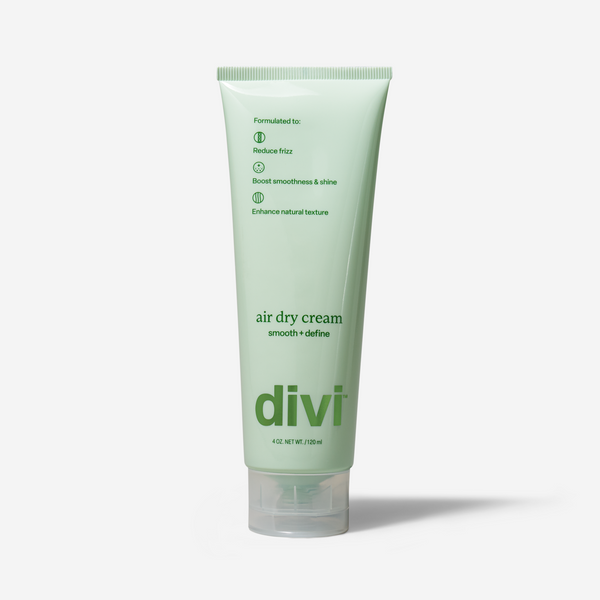
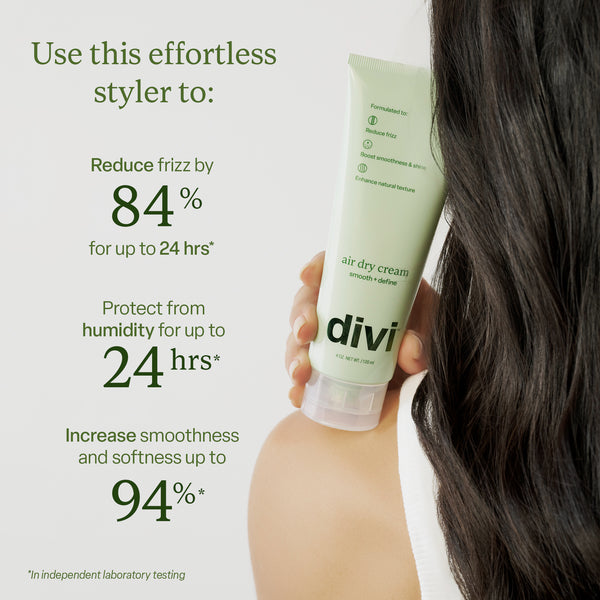

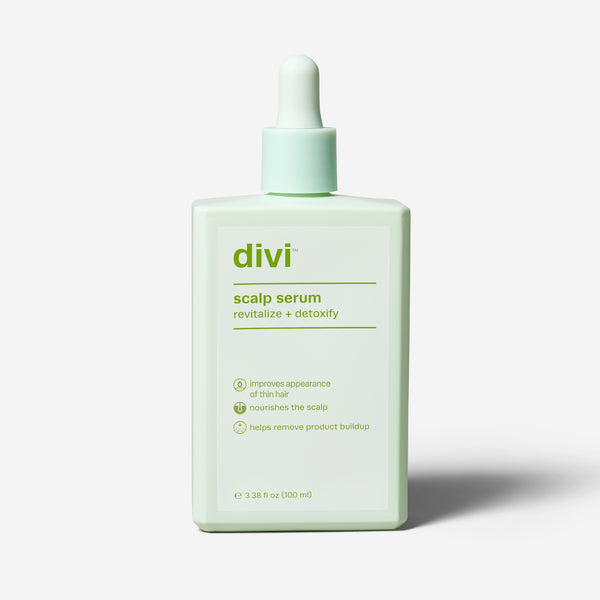

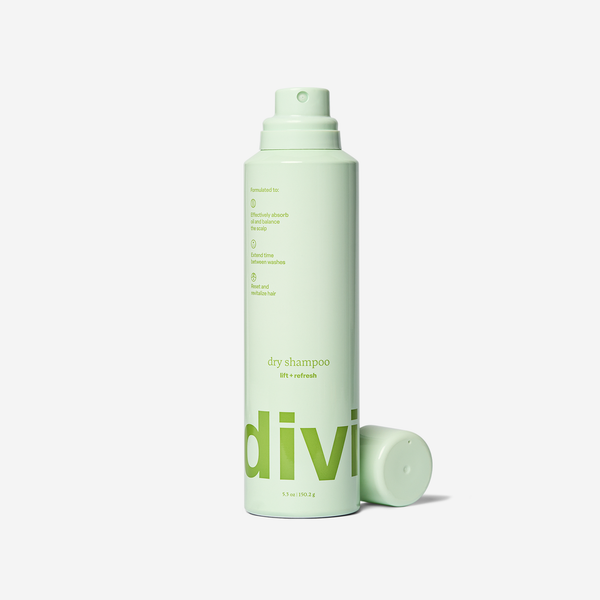

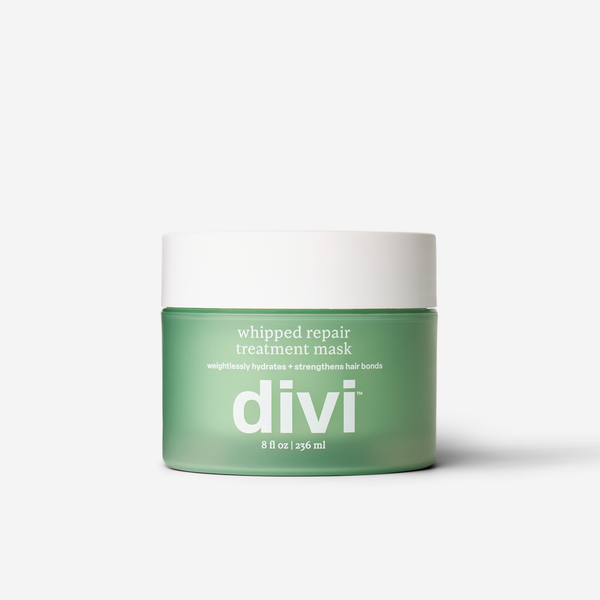
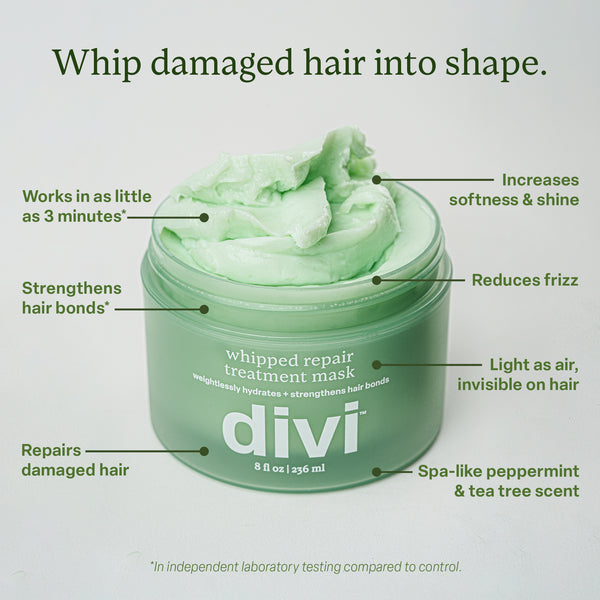
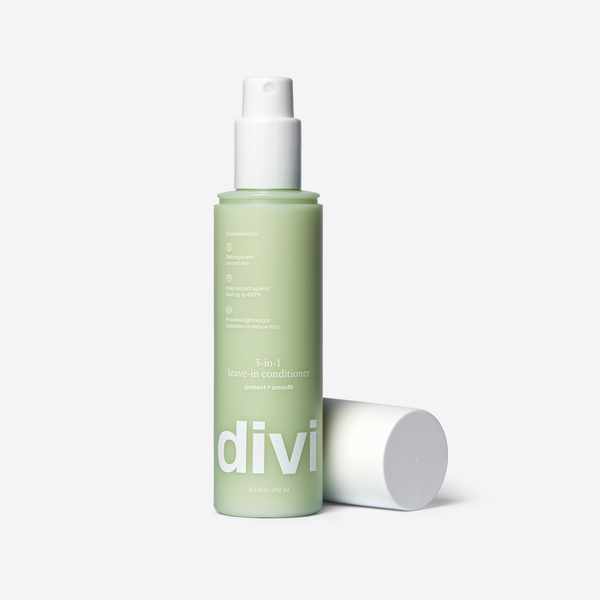

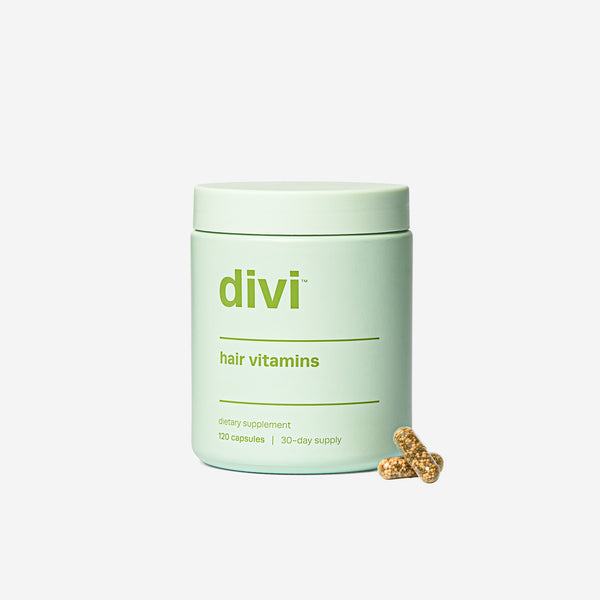
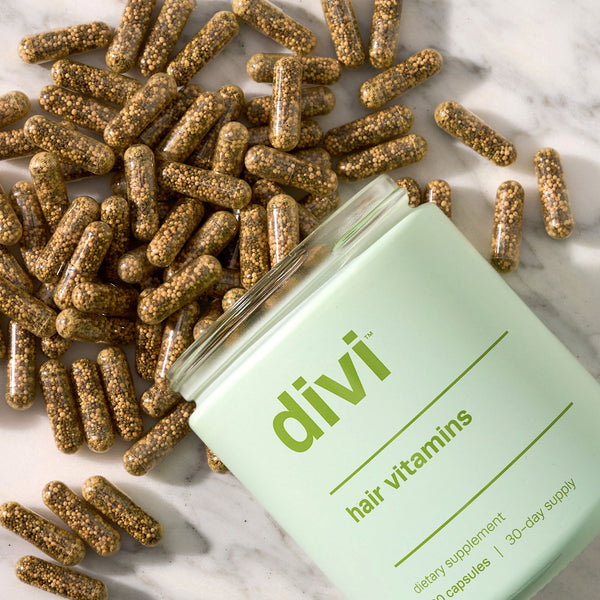
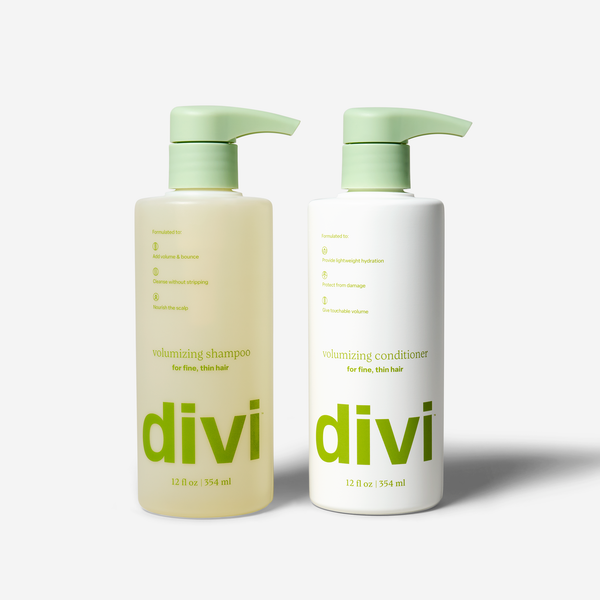





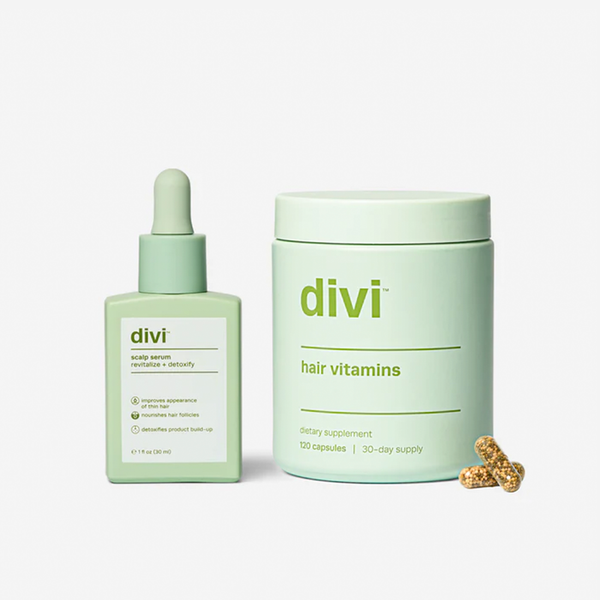
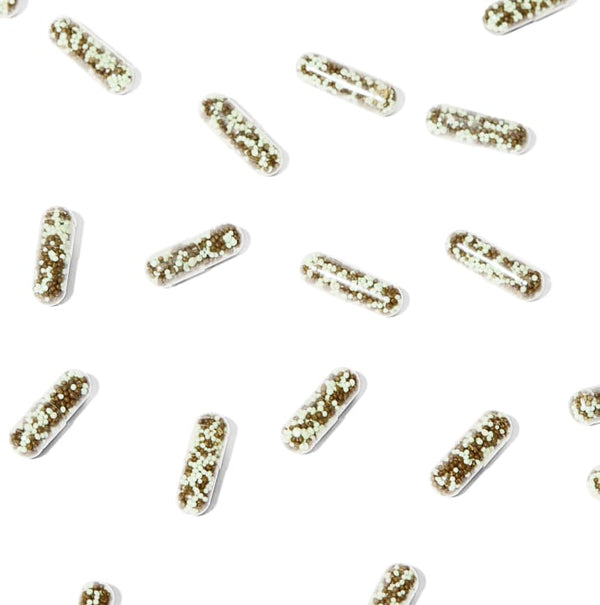
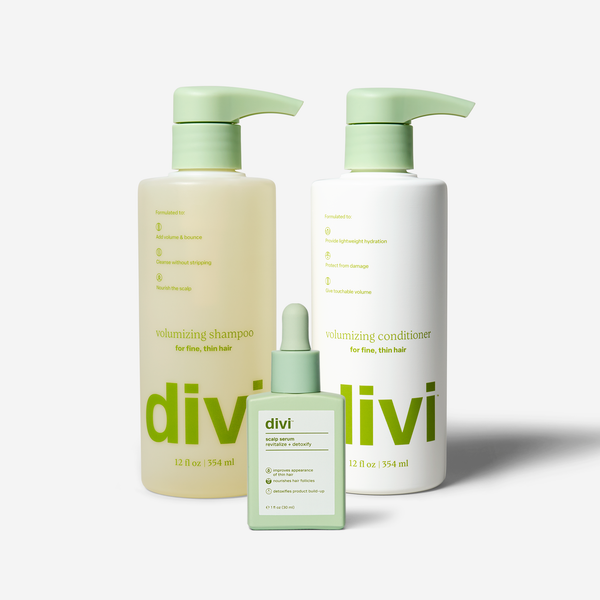
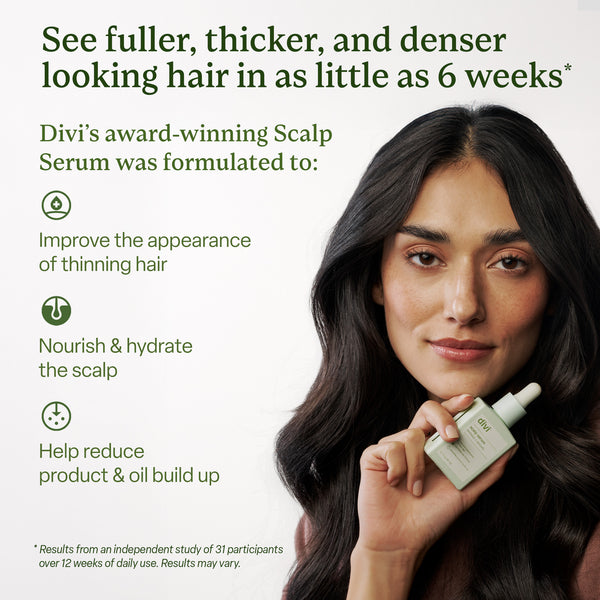











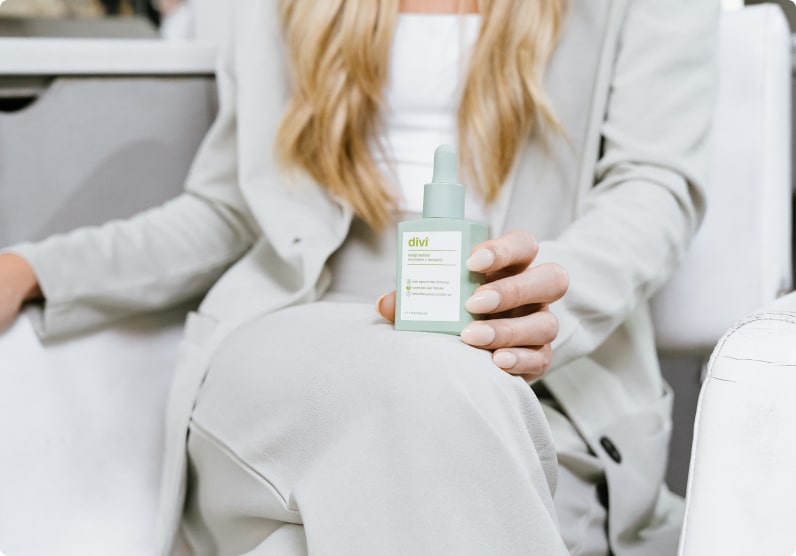






 30ml Scalp Serum
30ml Scalp Serum
 100ml Scalp Serum
100ml Scalp Serum
 Volumizing Shampoo
Volumizing Shampoo
 Hydrating Shampoo
Hydrating Shampoo
 Volumizing Conditioner
Volumizing Conditioner
 Hydrating Conditioner
Hydrating Conditioner
 3-in-1 Leave-In Conditioner
3-in-1 Leave-In Conditioner
 Best Sellers Bundle
Best Sellers Bundle
 Volumizing Starter Bundle
Volumizing Starter Bundle
 Hydrating Starter Bundle
Hydrating Starter Bundle
 The Healthy Hair Bundle
The Healthy Hair Bundle
 Hair Vitamins Trio
Hair Vitamins Trio
 Dry Shampoo
Dry Shampoo
 Hair Vitamins
Hair Vitamins
 Volumizing Shampoo & Conditioner
Volumizing Shampoo & Conditioner
 Travel-Sized Volume Duo
Travel-Sized Volume Duo
 Hydrating Shampoo & Conditioner
Hydrating Shampoo & Conditioner
 Travel-Sized Hydrating Duo
Travel-Sized Hydrating Duo
 Travel-Sized Dry Shampoo
Travel-Sized Dry Shampoo
 Travel-Sized Dry Shampoo Trio
Travel-Sized Dry Shampoo Trio
